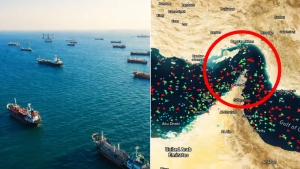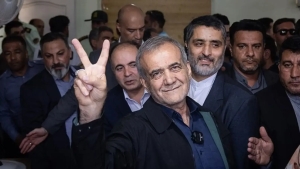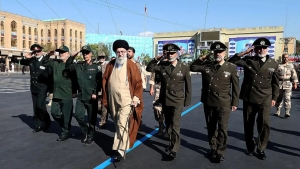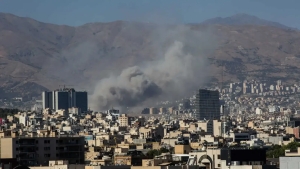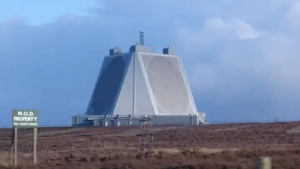The European Parliament discussed the US peace plan
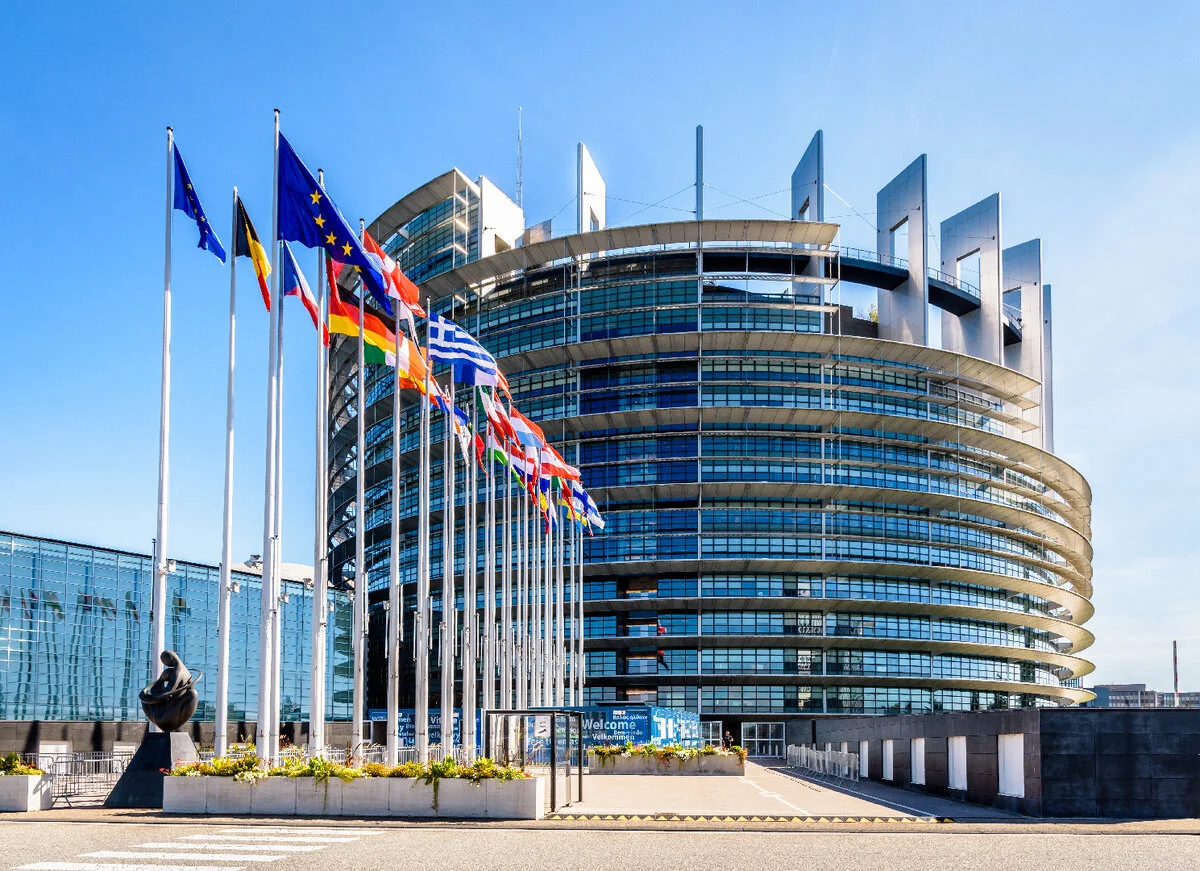
The European Union (EU) discussed its stance on the peace plan proposed by the United States of America (USA) in the European Parliament. This was reported by Zamin.uz.
About a hundred MEPs participated in the three-hour meeting held in Strasbourg. This topic was urgently included in the agenda of the European Parliament's plenary week.
During the discussions, various opinions were expressed among the deputies, including eight live debates. European Commission President Ursula von der Leyen outlined the EU's main position on the peace process.
According to her, the EU's "red lines" consist of the following: not limiting the number of armed forces in Ukraine, preserving the country's territorial integrity, ensuring long-term security guarantees, granting Ukraine the possibility to join the EU, and returning children abducted by Russia. Additionally, von der Leyen announced that a draft law is being prepared to use Russia's frozen assets to assist Ukraine.
The major factions in the European Parliament sharply criticized the US plan. Manfred Weber, leader of the European People's Party, called the plan a "capitulation plan" and emphasized that some of its conditions, such as relinquishing territories and restricting NATO membership rights, are unacceptable.
At the same time, some deputies, particularly those with far-right and left political views, called to support this plan as the only opportunity to stop the war. Polish deputy Adam Belan criticized the EU for limiting its response only to the US plan and noted that the trade volume between European countries and Russia is much higher than the aid provided to Ukraine.
He explained this situation by the weakness of European diplomacy. Danish representative Mari Berre emphasized that helping Ukraine is important for Europe's security and reminded of the necessity to achieve peace through strength.
These debates in the European Parliament once again demonstrated the EU's position on international issues. Although deputies presented different views, the common goal of ensuring European security and peace was clearly evident.


